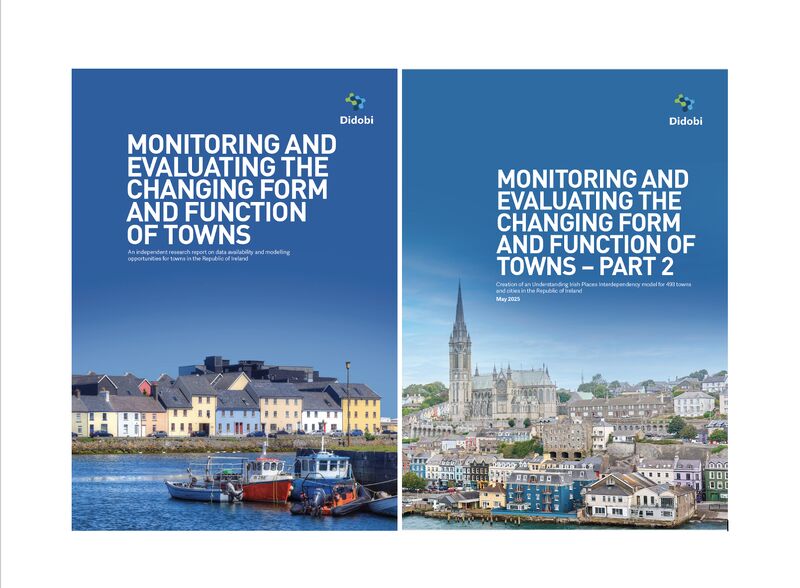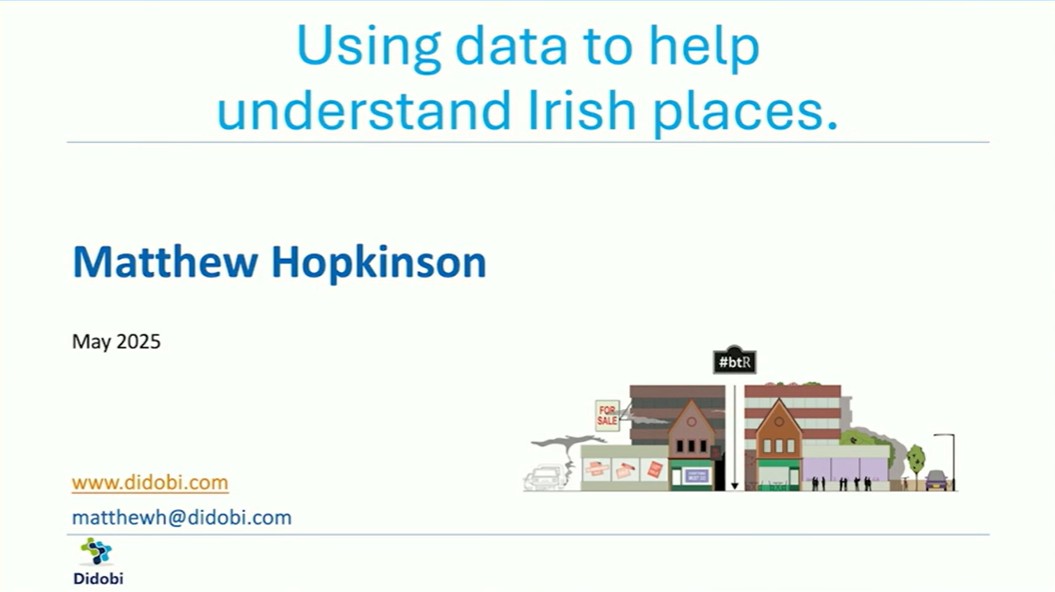
Real Estate Investment Managers – What Business Are You Actually In?
This may seem a curious question but one of the popular misconceptions for real estate investment managers is that they are actually in the real estate business. Sure, we all work WITH real estate but let’s take a step back and consider for one moment what the investment industry is actually about.
‘Let’s take a step back and consider for one moment what the investment industry is actually about.’
Investors actually pay their managers & advisors for their investment skills and knowledge. In short, their real value lies in their ability to identify suitable investment opportunities and deliver on pre-agreed strategies for their clients. At a practical level this involves a knowledge of local property investment markets, associated legal issues, tax structuring and the ability to run a thorough & rigorous due diligence process that identifies and prices the associated risks effectively.
Beyond the initial purchase phase this also involves managing assets through their investment lifecycle and monitoring the ongoing relationship of risk versus return. For active managers this can mean actively intervening to optimise performance through refurbishment, redevelopment or new leasing activity.
In short, the manager’s primary asset and a market advantage is knowledge (often gained through years of experience). In other words, we actually work in the information business as the real estate is no more than the medium through which an investor looks to make money.
‘we actually work in the information business as the real estate is no more than the medium through which an investor looks to make money’
So what is the manager or advisor trying to achieve for their client? Usually this can be summarised as an “attractive investment return relative to their appetite for risk”. So the real estate is just a means to an end. It is NOT an end in itself but it provides investors with the two things they usually want from an investment:
- Capital growth – the change in asset value over time driven by changes in rental value or yield shift and:
- Income return – cash flow from current or future rental income
So as a real estate investment managers or advisor we need to quantify risk and return expectations by understanding the structure of investment performance and the primary sources of risk and return. This requires a great deal of hard data along with the ability to manage and process it. This has often proved an Achilles heel for an industry that has traditionally been “data light”. However, as real estate investment markets become increasingly globalised and asset pricing is impacted by cross border capital flows, investors will demand ever greater levels of transparency along with the ability to analyse the risk they are taking.
‘this requires a great deal of hard data along with the ability to manage and process it’
The same problem faced investors in equity and fixed income markets several decades ago and those industries responded by improving transparency and providing tools to access and interrogate the data – Reuters, Bloomberg, Barra, MSCI etc. With greater transparency and regulation came greater market liquidity.
‘improving transparency and providing tools to access and interrogate the data’
If, in the future, real estate is to become a truly global asset class alongside equity and fixed income and form part of a genuinely multi asset portfolio it needs to undergo a similar revolution. More importantly as managers and advisors we all have to recognise that what we are providing to our clients is information and data is our most valuable asset.
The team here at Didobi have the experience, knowledge and capability for you to get more from your assets through data optimisation and integration. Get in touch so we can discuss how we would do this. Let us help you make your data make you money!
Let us help you make your data make you money!






Leave a comment: